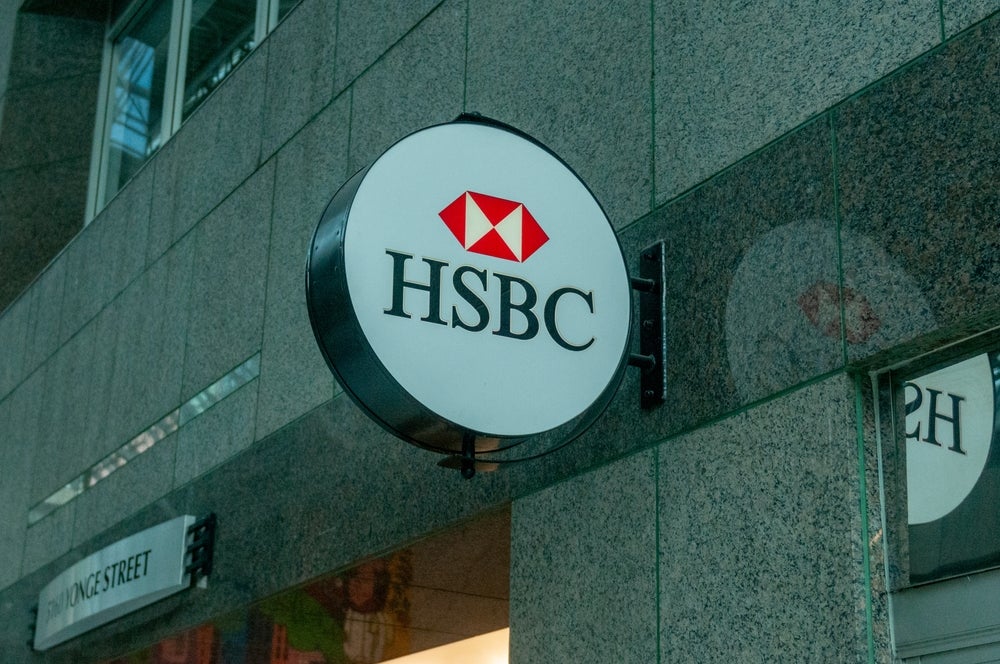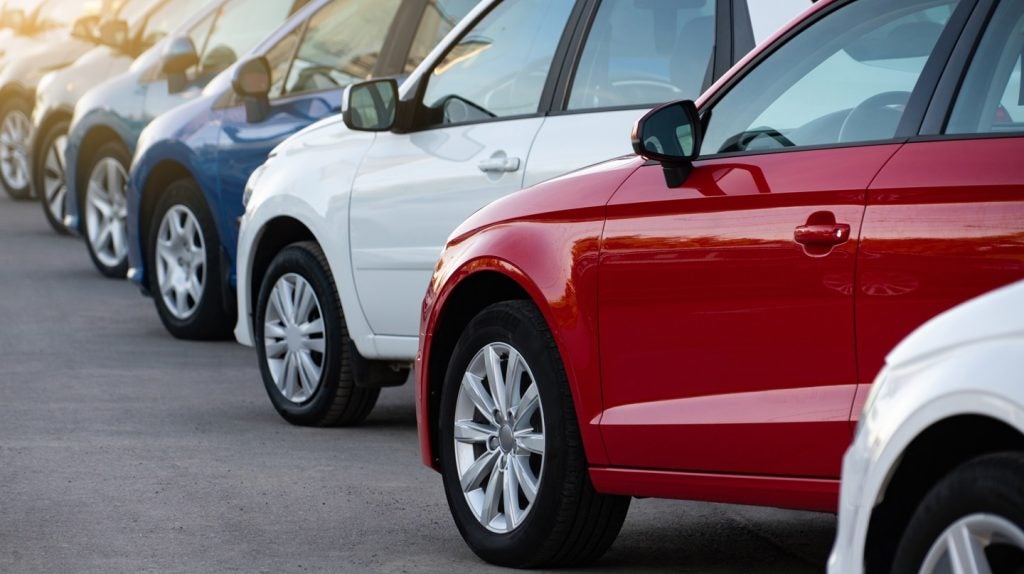The Volkswagen (VW) Group has said it is exploring collaboration opportunities with Ford in a number of areas, as well partnering with Hyundai to develop fuel cell technologies.
The German group and Ford signed a memorandum of understanding that could lead to collaboration on what they said was a range of joint projects, including commercial vehicles.
Unlike similar agreements such as the 19-year-old Renault-Nissan Alliance, the partnership will not involve equity arrangements such as cross-ownership stakes.
Thomas Sedran, VW group strategy head said: “Markets and customer demand are changing at an incredible speed.
“Both companies have strong and complementary positions in different commercial vehicle segments already. To adapt to the challenging environment, it is of utmost importance to gain flexibility through alliances.”
Separately, VW subsidiary Audi entered into an agreement with Hyundai Motor Group to share access to patents on fuel cell technology.
How well do you really know your competitors?
Access the most comprehensive Company Profiles on the market, powered by GlobalData. Save hours of research. Gain competitive edge.

Thank you!
Your download email will arrive shortly
Not ready to buy yet? Download a free sample
We are confident about the unique quality of our Company Profiles. However, we want you to make the most beneficial decision for your business, so we offer a free sample that you can download by submitting the below form
By GlobalDataThe sharing agreement, of undisclosed duration, extends companies in the respective groups, meaning brands such as Kia and Volkswagen will also be able to access to the patents.
Peter Mertens, board member for technical development at Audi said: “The fuel cell is the most systematic form of electric driving and thus a potent asset in our technology portfolio for the emission-free premium mobility of the future.
“On our FCEV [fuel cell electric vehicles] roadmap, we are joining forces with strong partners such as Hyundai.”
Hyundai has been betting on fuel cell for the electric powertrains of the future, showcasing the technology’s potential beyond the automotive sector.
The Volkswagen Group, meanwhile, is reeling from the so-called dieselgate scandal, as it explores ways to enter the electric vehicle market while still safeguarding its diesel assets.
Earlier this week, Audi found itself under the spotlight following the arrest of chief executive Rupert Stadler by German authorities investigating emission cheating.
Abraham Schot, member of Audi’s board with responsibility for strategy and marketing, has since replaced Stadler as chairman of the board.







